
Dr. Mahamudu Bawumia with other dignitaries at the CitizenApp launch
Vice President Mahamudu Bawumia yesterday added yet another innovation to the many other digital solutions he has led over the years.
This was when he outdoored the CitizenApp Data Interoperability System (CADIS) at a short but colourful ceremony.
The app is to help improve efficiency in delivering public services to all citizens and residents in the country.
The new digital platform, an upgrade of the Ghana.gov, is designed to centralise all transactions and interactions between government agencies and citizens.
It was developed by the Ghana Revenue Authority (GRA) and the National Information Technology Agency (NITA), in collaboration with other state agencies to consolidate public services into a single user-friendly application.
It is also aimed at enhancing efficiency, accessibility, accountability and convenience for all citizens in accessing public services, including paying water bills, electricity, income tax, driver’s licence, passports, National Health Insurance Scheme (NHIS), clearing goods at the ports or any other public service at the comfort of their homes or offices.
At the launch in Accra, Dr. Bawumia said since 2017, the Akufo-Addo-led administration has been supporting Ghana’s digital transformation journey to empower all Ghanaians and ensure efficient governance.
He said no serious economy in the world could succeed in this era of fourth industrial revolution without solid digital foundation.
That, he said, was the reason government established the necessary digital infrastructure to enable the country to take advantage of the opportunities inherent in the global digital revolution.
“Together, we are creating a government that works for you – one that is efficient, transparent and ready to meet the demands of the 21st century,” the Vice President emphasised.
“Since 2017, the government of His Excellency President Nana Addo Dankwa Akufo-Addo, has set Ghana on a digital transformation journey towards a brighter and more efficient future for our country – a future where technology empowers our citizens, strengthens our economy, creates opportunities, and offers a more responsive government for all Ghanaians,” Dr. Bawumia stated.
He highlighted some of the several digital platforms and systems government launched to provide essential services to all Ghanaians including the Ghana.gov, Performance Tracker, Ghana Card, National Digital Property Address System and GhanaPay.
Others were the Universal QR Code Payment, E-Pharmacy, Paperless Ports System and E-Ticketing at football stadia.
The Vice President recalled that before the government began the digital journey in 2017, digitalisation in Ghana was largely seen as a peripheral concern, not central to the country’s national development agenda.
That, he said, was the reason several government agencies operated under traditional and manual processes across critical sectors, which often led to inefficiencies, delays, and significant bottlenecks in service delivery.
“Government services, for instance, required long queues, multiple in-person visits, and frustrating paper work. This analogue approach to delivering public services not only slowed economic progress but also stifled innovation and left large segments of the population with very limited access to essential services,” Dr. Bawumia stated.
The Vice President, therefore, urged all citizens to “embrace and own” the CitizenApp, since it is a platform for job opportunities and fostering wealth creation.
“As the world enters the fourth industrial revolution, it has become obvious that no economic strategy can succeed without a strong digital foundation.
“In key areas such as public administration, trade, education, financial inclusion and healthcare, the absence of digital systems meant that processes were slow, non-transparent, and prone to errors,” the Vice President pointed out.
“For example, vehicle registration involving numerous manual steps, requiring citizens to physically visit multiple offices to complete the process.
“Businesses, particularly small and medium-sized enterprises (SMEs), face similar hurdles in registering their operations, obtaining licences, or accessing financial services. These delays in service delivery not only hurt economic productivity but also create space for inefficiencies and, in some cases, widespread petty corruption,” he observed.
“We must seize the opportunities that this fourth industrial revolution presents. There is mounting empirical evidence that highlights the transformative potential of digital innovation to create jobs, boost productivity, increase income levels, and foster wealth creation,” Dr. Bawumia added.
He noted that countries with robust digital economies experience faster growth, more innovative service offerings, and greater job creation.
The launch of the CitizenApp also coincided with Vice President Bawumia’s 61st birthday, which witnessed numerous best wishes from the dignitaries and well-wishers, amid shouts and cheers from the audience.
By Charles Takyi-Boadu, Presidential Correspondent
The post Bawumia Outdoors CitizenApp appeared first on DailyGuide Network.
Read Full Story
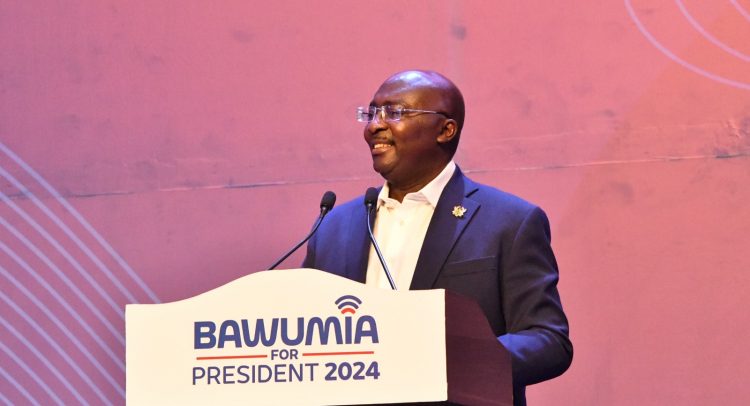
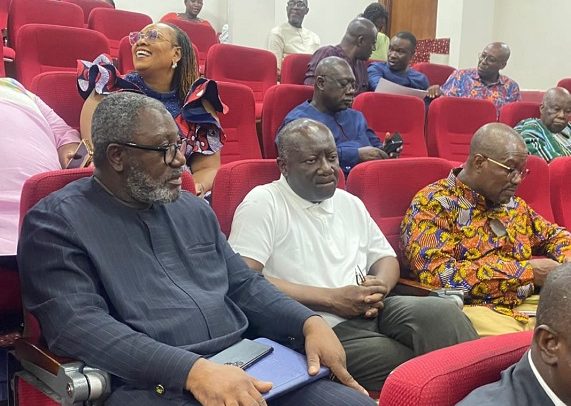
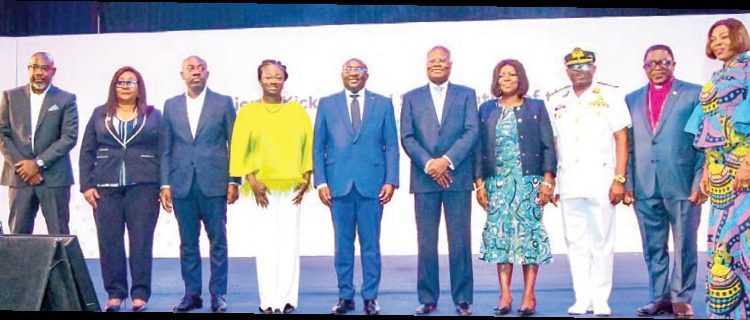
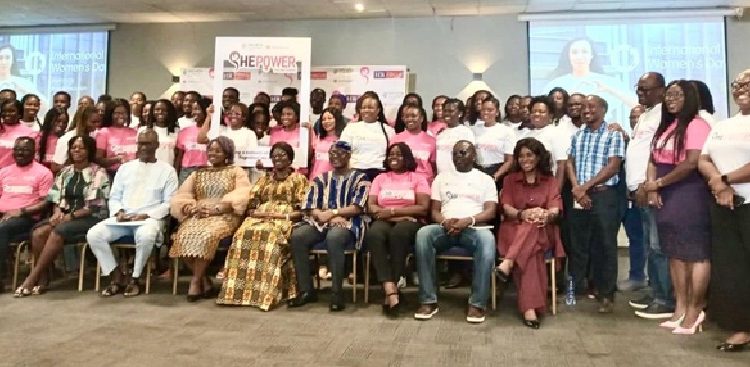



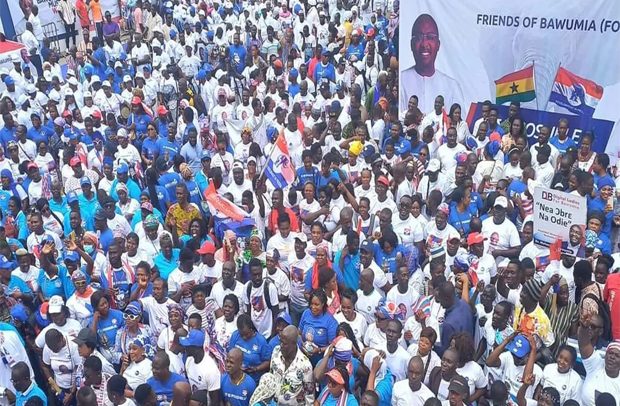
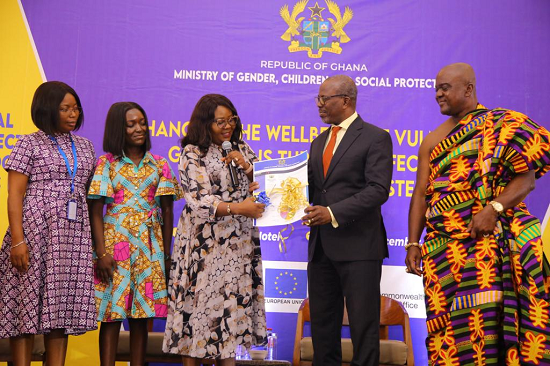










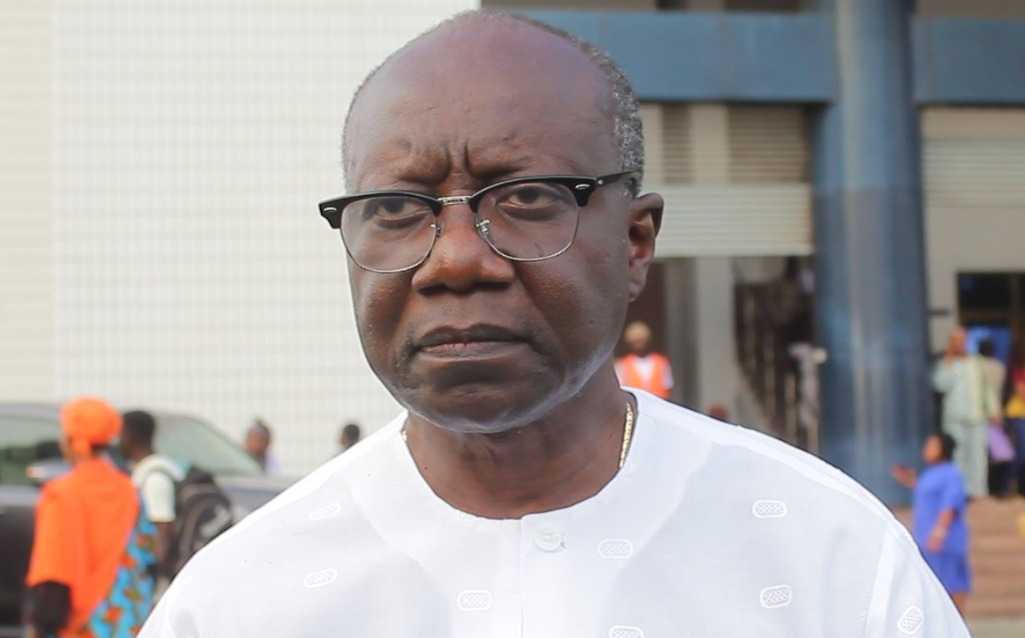


Facebook
Twitter
Pinterest
Instagram
Google+
YouTube
LinkedIn
RSS